Russian political scientist, international relations expert, Project Director of Valdai Discussion Club Timofey Bordachev is visiting Armenia this week. He studies the change of attitudes toward Russia in the post-Soviet space. Bordachev plans to visit all former Soviet republics, and Armenia is the first on his list.
At the invitation of Caucasus Institute, Bordachev has attended the discussion titled “Russia’s role in post-Soviet countries 30 years after the collapse of USSR: What Russia is trying to do, what it is achieving, and how it is perceived in post-Soviet countries”.
Mediamax presents several remarks from the discussion.
***
After the collapse of the Soviet Union, Russia’s neighbors experienced big changes: political regimes, territorial conflicts, wars. These countries, including Armenia, were trying to figure out how to live in the modern world. Some partners could play more significant roles in their survival, development, and achievement of national goals.
Parallel to that, Russia’s foreign policy remained mainly the same. The two engines of Moscow’s policy have been the territorial integrity of the region, inherited from the previous stage, and the unique responsibility that Russia carried in maintaining the security and development of that region.
***
The events of 2020 show that Russia’s policy in the region has gained a new dynamic. In 2020, Russia faced new and unexpected developments in the territory of the former Soviet Union. The Belarus events unfolded in August. For 20 years, the Belarusian authorities have assured that they had political stability and Russia could be relatively calm. But we saw a huge potential for internal explosion in that country. Russia’s response was very decisive, even to the point of readiness to use force.
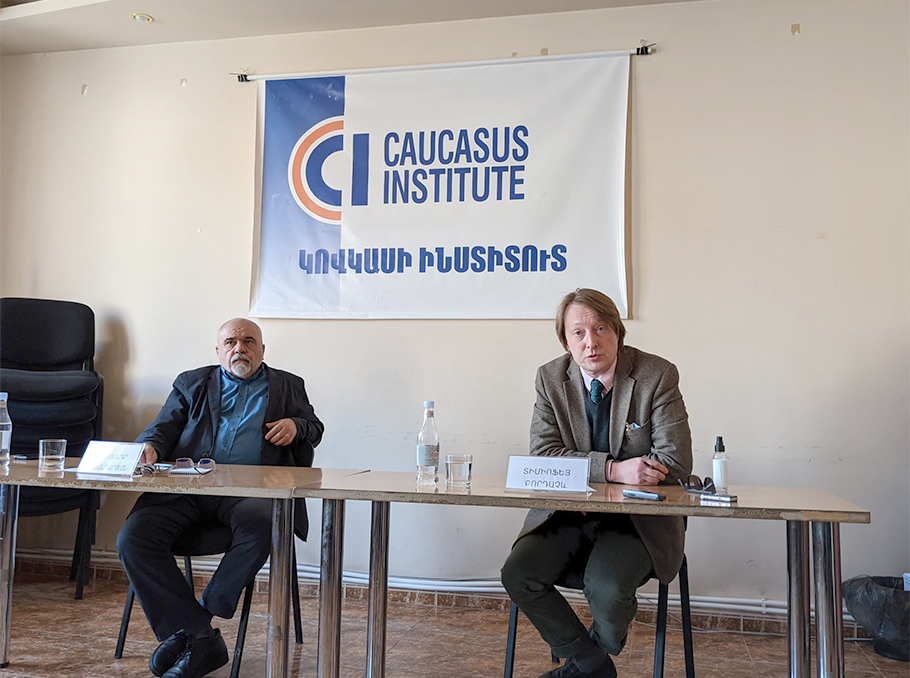 Timofey Bordachev and Caucasus Institute Director Alexander Iskandaryan
Timofey Bordachev and Caucasus Institute Director Alexander IskandaryanPhoto: Caucasus Institute
In late September of 2020, an armed conflict broke out in the South Caucasus. I cannot hide that in Russia, as everywhere, the idea of Armenia’s military capabilities prevailed. It was an unpleasant surprise for Russia when it turned out that those capabilities were insufficient.
Russia did not act in Caucasus the way it did in Belarus. Russia did not hurry to stand by either party to the conflict and or to make a decision. In the end, Russia did make a decision and took some responsibility, but that decision was not what we expected.
Other surprises were the revolt in Kyrgyzstan and the hysteria over territories issues in Kazakhstan.
In all four cases, Russia reacted differently. It gives grounds to assume that Russia is no longer guided by the paradigm of integrity and universal responsibility, which I mentioned earlier.
The most obvious examples of this are Belarus and the South Caucasus. In case of Belarus, it was clear that Russia was guided by the existing military potential in the immediate vicinity of NATO member states (with Poland actively involved). In addition, Belarus is of great strategic importance to the security of Russia’s central region. Even if Moscow was unhappy with Lukashenko, Russia’s policy during that crisis was clearly aimed at defending him and the legitimate government of Belarus, not to allow the Ukrainian scenario.
Russia has been closely following the developments in the South Caucasus from the very beginning, but the assessments were extremely balanced. Throughout the conflict, Russia has not taken any public action that could be interpreted as support for any of the parties. I understand that the Armenian side has emotional and rational grounds to blame Russia, whose restraint was a big surprise for the Armenian society. However, Russia assesses the situation on the basis of how problematic it is for its security. Russia is not facing an armed conflict in the South Caucasus that could escalate into a global or pan-European nuclear conflict. In case of Belarus, such conflict is possible. That is why Russia’s behavior in the event of a conflict between Armenia and Azerbaijan remained within the framework of diplomacy. But it must be said that whenever Russia made a peacekeeping mission, it never failed.
***
Russia is not afraid of Turkey. The issue of Poland can also be easily “solved”, but it is better not to let it come to that, because a conflict with Turkey means a conflict with Turkey, and a conflict with Poland means a conflict with the United States of America.
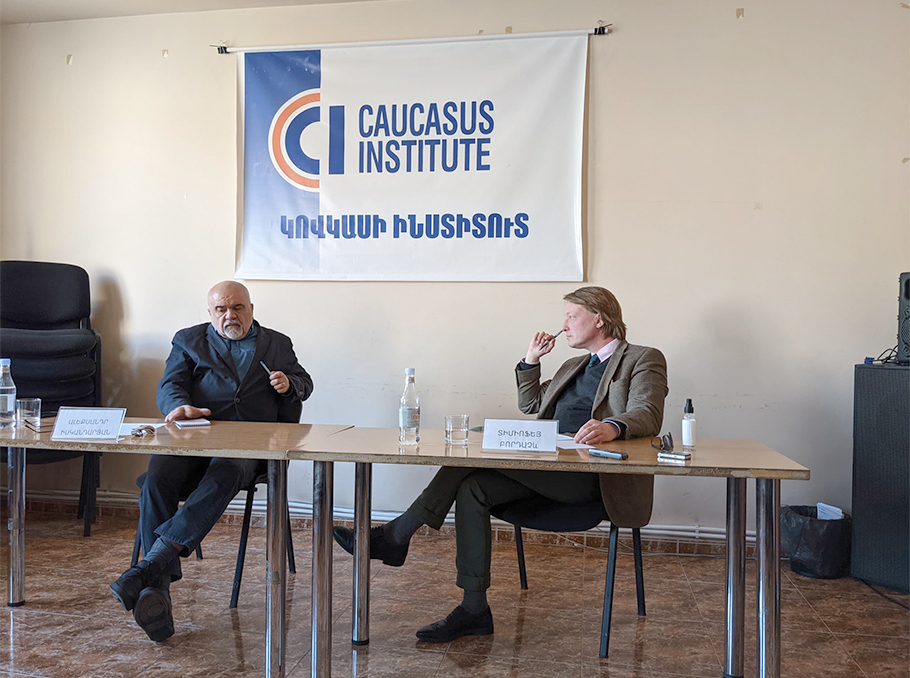 Timofey Bordachev and Caucasus Institute Director Alexander Iskandaryan
Timofey Bordachev and Caucasus Institute Director Alexander IskandaryanPhoto: Caucasus Institute
Russian army most likely killed Turkish soldiers in Syria a year ago, and it changed nothing - the diplomatic dialogue continues. Can you imagine the Russian army killing 36 Polish soldiers and then continuing normal diplomatic relations with Poland? No. It could lead to a disaster in Europe. That is why the Russian President stated that Turkish President Erdogan is a partner that is not both pleasant to work with and reliable. Of course, Russia enjoys working with a partner that tolerates the force Russia uses against it.
Russia’s problems are not caused by external challenges, they are exclusively internal. We solved the problems with Hitler, we can do the same with the new “Hitler”, that’s why we have nuclear weapons. In some cases, the problem of our own stupidity and incompetence is much more difficult to solve. It threatens us more than any foreign enemy, more so than the United States, not to mention an Erdogan.
Lusine Gharibyan
















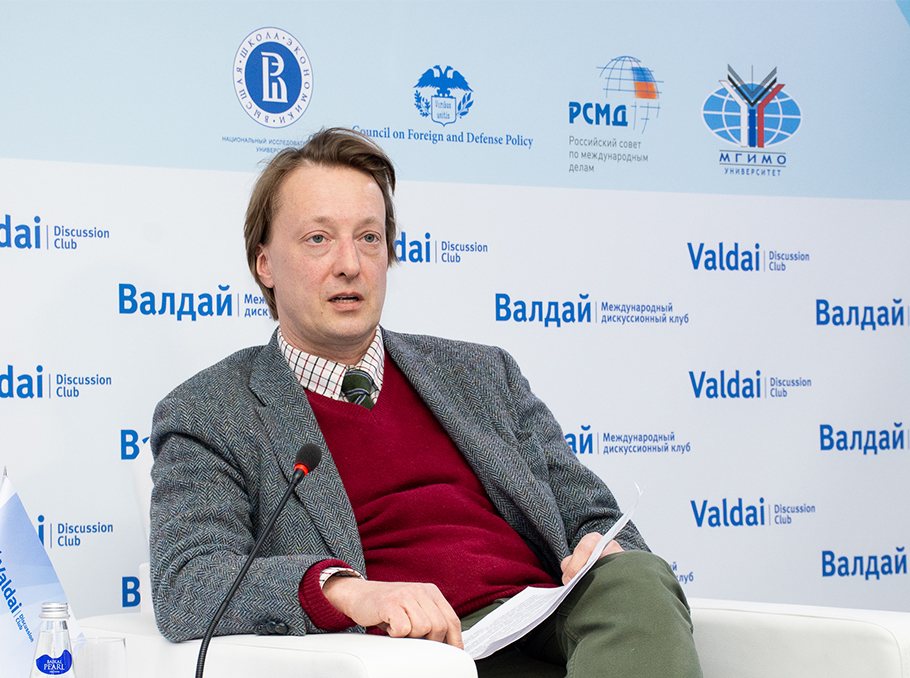

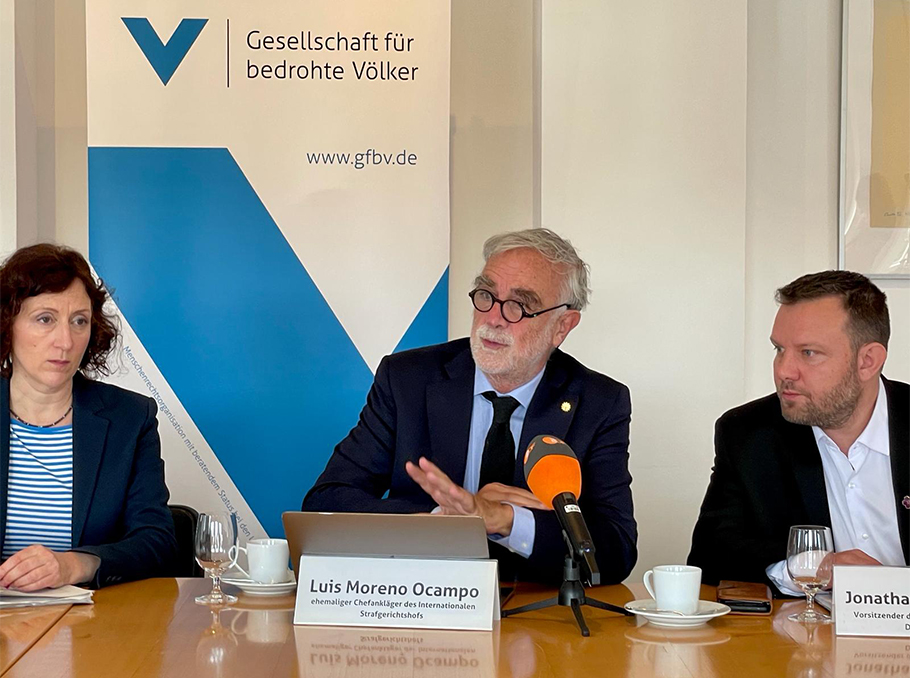
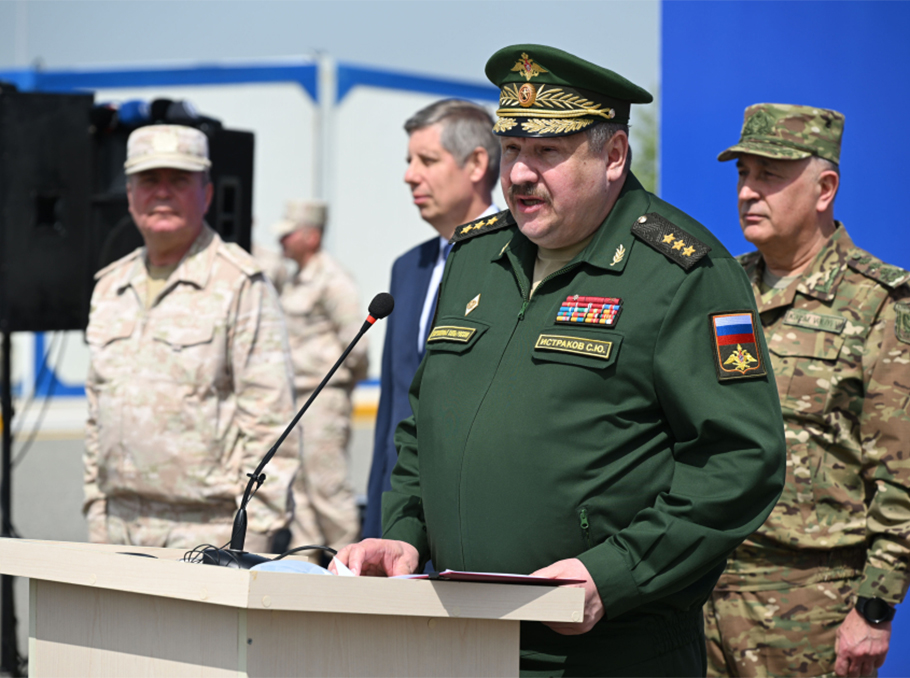
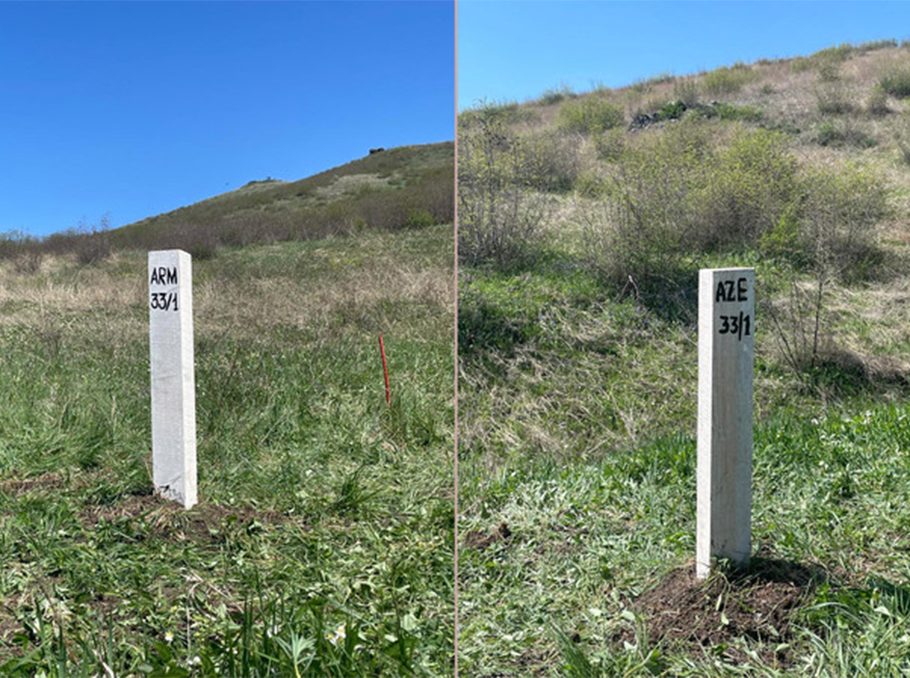





Comments
Dear visitors, You can place your opinion on the material using your Facebook account. Please, be polite and follow our simple rules: you are not allowed to make off - topic comments, place advertisements, use abusive and filthy language. The editorial staff reserves the right to moderate and delete comments in case of breach of the rules.